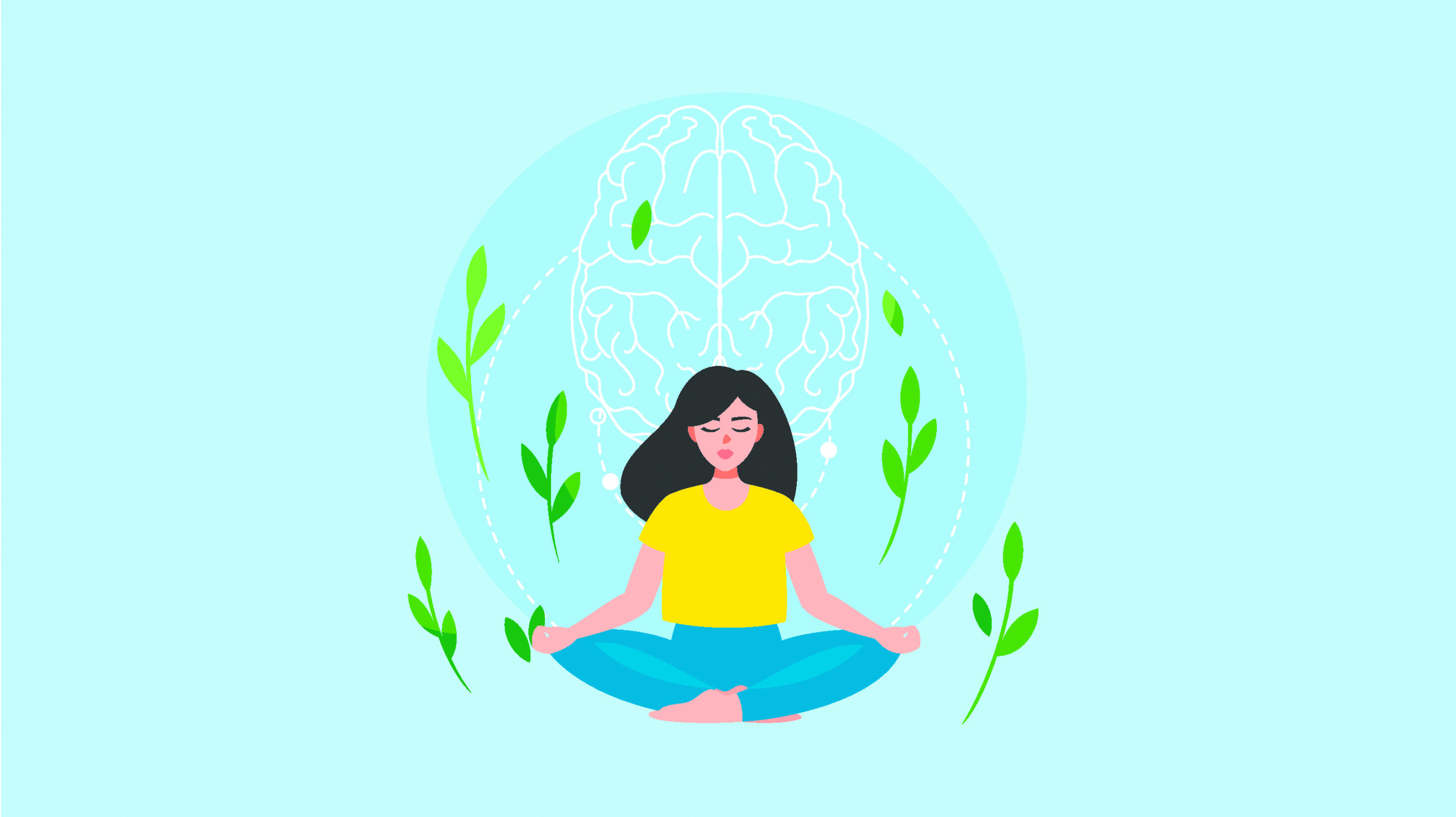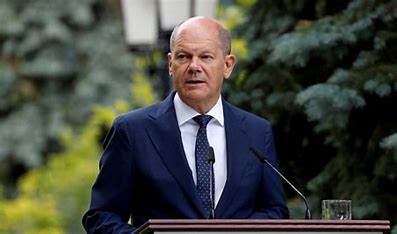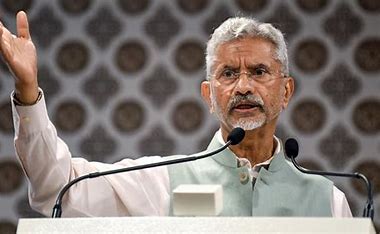
Meditation includes mental exercises that help you focus and redirect your thoughts. It is widely used as a method of relieving tension, decreasing stress, and boosting overall health. Many different ancient spiritual systems and cultures have contributed to making meditation what it is today.
 People typically seek out a quiet, comfortable chair or bed when they set out to meditate. Achieving mental clarity and awareness can be accomplished by focusing attention on a single item, such as the breath, a mantra, or a specific experience. The goal of this practice is to help you relax, let go of distracting thoughts, and focus on the here and now.
People typically seek out a quiet, comfortable chair or bed when they set out to meditate. Achieving mental clarity and awareness can be accomplished by focusing attention on a single item, such as the breath, a mantra, or a specific experience. The goal of this practice is to help you relax, let go of distracting thoughts, and focus on the here and now.
The benefits of meditation on one’s body and mind are numerous. Regular meditation practice has been shown to reduce stress, anxiety, and depression. Moreover, it may promote a deeper sense of inner tranquility and happiness while increasing self-awareness, focus, and emotional well-being.
Transcendental meditation, loving-kindness meditation, and mindfulness meditation are just a few examples of the various varieties of meditation. Each tactic is unique in its methodology and goals. It’s vital to find a design that you enjoy and that fulfills your needs and preferences.
The benefits of meditation to one’s mind and body can be practiced independently of any religious or spiritual context, despite meditation’s common association with such activities. Meditation may be a powerful technique for cultivating a more collected and at-ease mind; whether you use it to aid you on your spiritual path or as part of a normal stress reduction regimen.
Different cultures and religions practice meditation in different ways. Some common forms of meditation are listed below.
n The objective of mindfulness meditation is to become a dispassionate observer of one’s internal and external experiences in the here and now. The target is elevated levels of understanding and appreciation.
n Meditation on Metta, or loving-kindness, develops empathy, compassion, and kindness. Repeating positive statements is a great way to boost morale and foster a sense of belonging.
n When practicing transcendental meditation (TM), practitioners silently chant a mantra. To go to deeper levels of awareness and consciousness, one must learn to still the chattering of the mind.
n In Zen Buddhism, sitting meditation is known as zazen. Meditation requires paying attention to one’s breathing or maintaining a state of mind that is open to experience but not attached to it.
n Vipassana meditation is one sort of mindfulness practice that encourages practitioners to pay closer attention to their internal and external experiences. By practicing vipassana, which translates to “insight” or “clear seeing,” one can gain a profound understanding of the impermanence and interconnection of events.
Guided visualization is a type of meditation in which the practitioner is led through a series of mental images with the help of a meditation teacher or recorded audio to achieve relaxation, healing, or the manifestation of goals.
nWalking meditation focuses on the sensations of walking, including the feet striking the ground and the breath entering and leaving the lungs n Kundalini meditation is practiced reawakening and enhancing one’s latent spiritual energy. Common methods include chanting, breathing exercises, movement, and focused mental imagery.
Keep in mind that these are just a handful of the many possible meditation styles. It’s important to find a profession that resonates with you and encourages your passions and aspirations.
Meditating helps people heal spiritually because it opens lines of communication with God and the depths of one’s being. It requires calming the mind, entering a state of profound relaxation, and expanding one’s consciousness beyond the constraints of one’s routine. This process facilitates healing on many levels, including allowing people to investigate their spiritual selves.
One of the fundamental tenets of meditation is its potential to alleviate stress and improve one’s quality of life. By calming the mind and focusing on the present moment, meditation can alleviate tension, anxiety, and negative emotions. As a result, it creates an environment that is conducive to healing on all levels.
When it comes to spiritual healing, the deeper layers of awareness and more ethereal realms of existence can be accessed through meditation. It paves the way for individuals to connect with their inner wisdom, intuition, and sense of purpose. Through consistent effort, one can deepen their sense of self, their knowledge of the world, and their bond with the holy.
In addition to promoting an internal state of peace and serenity, meditation also facilitates the release of emotional baggage, attachments, and trauma. It helps restore the soul by allowing one to feel gratitude, compassion, and forgiveness. By releasing the limitations of the ego, meditation catalyzes enlightenment and the growth of one’s spirituality.
Many positive outcomes can result from introducing meditation into a process of spiritual healing. One’s own beliefs, attitudes, and feelings can be better understood because of enhanced levels of self-reflection, introspection, and introspective awareness. It’s a place to raise one’s vibration, connect with higher energy, and release negative emotions. Meditation is also useful for opening and balancing the chakras.
The chakras are the energetic hubs of the body. Disharmony of body and mind can come from blockages or imbalances in these energy hubs, which regulate the flow of vital life force energy. People’s physical health and spiritual vitality can benefit from cleaning, balancing, and harmonizing their chakras through meditation.
In conclusion, meditation is an essential component of spiritual healing since it fosters introspection, communion with the divine, and physical and mental health. It helps one become more self-aware, release negative emotions, and find harmony within oneself. Including meditation in one’s spiritual practice can lead to profound healing and transformation on many levels.
A deep sense of calm self-awareness and connection to the present can be fostered through a daily meditation routine. It encourages introspection, leading to a state of peace and contentment for its practitioners. Although the focus of meditation is on one’s thoughts and state of mind, it can lead to what some might call “metaphysical” experiences.
In common parlance, we use the term “metaphysical world” to refer to the realm beyond the physical that is associated with higher states of consciousness and transcendental experiences. While meditating, some people claim to have had out-of-this-world experiences.
Meditation is one way to alter one’s state of consciousness and gain access to the esoteric. As you enter deeply relaxed and focused states, your brainwaves may shift into slower frequencies, such as alpha or theta waves. Intuition, creativity, and spiritual experiences are often heightened during these states of mind. While meditating, some people experience heightened states of awareness or get access to information and insights that don’t seem to be part of their everyday waking consciousness.
Meditation allows one to get into the more hidden parts of themselves, such as their unconscious thoughts and feelings. Experiences of oneness and connection with the cosmos or a higher force, as well as profound personal breakthroughs, may emerge from going through this process.
Empathy and compassion for others can be developed through the practice of certain types of meditation. People’s ability to see the metaphysical aspects of life may improve when they gain a deeper understanding of the interconnectivity of all living things.
It’s important to keep in mind that people’s metaphysical experiences are unique to them and might vary greatly. The metaphysical significance of an event or idea might vary from person to person. Meditation is a personal practice, and the insights one gains from it are uniquely one’s own.
Whether or not you attribute any metaphysical significance to the benefits you may reap from meditation, it is undeniable that the practice has a positive impact on your physical and mental well-being. It’s a method that has the potential to improve one’s state of mind and life.















